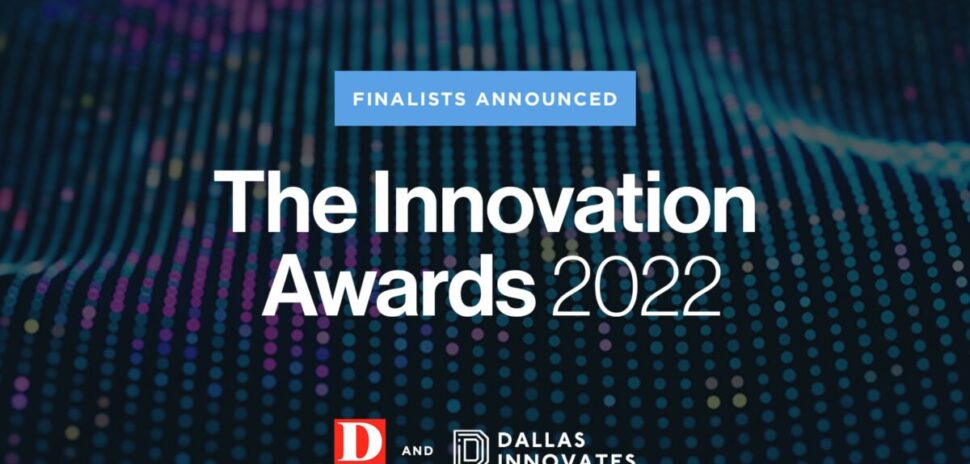I often have been puzzled about why some communities appear to be more innovative than others. I thought that maybe they were lucky, had won the genetic lottery, and therefore, had better talent than other communities. I also thought perhaps more innovative communities had better infrastructure or greater access to capital than others. Several years ago, I began to realize that there is an often unappreciated central ingredient which is rarely mentioned—convening. Communities and organizations that understand the power of convening are among the most innovative.
Communities and organizations that understand the power of convening are among the most innovative.
It would appear that great ideas are generated when people of diverse backgrounds come together to discuss problems. In his book The Innovators: How a Group of Inventors, Hackers, Geniuses, and Geeks Created the Digital Revolution, Walter Isaacson noted that “. . .Innovation is usually a group effort . . . Only in storybooks do inventions come like a thunderbolt, or a lightbulb popping out of the head of a lone individual in a basement or garret or garage.”
I have come to realize it is no accident that some communities are more innovative than others. These communities have brought leaders together intentionally to solve problems. Innovative solutions arise out of those convenings, and these innovative communities support a wide variety of formal and informal convenings.
Some of the more innovative communities began using the power of convening out of desperation. Buffalo, Cleveland, Detroit, Pittsburg, and St. Louis come to mind. Other communities, such as Boston, Portland, Providence, San Francisco, and Seattle, have used convenings to build on existing community strengths.
Many of these communities have used convenings to spur innovation to improve both the economy and the quality of life. They use convenings to intentionally address local issues, and it looks completely different from traditional economic development strategies.
If something as simple as convening—bringing people together—produces such powerful results, it makes sense to support and facilitate convenings in our North Texas community. It is for this reason that the Dallas County Community College District has created a Convening Center.
These communities have brought leaders together intentionally to solve problems. Innovative solutions arise out of those convenings, and these innovative communities support a wide variety of formal and informal convenings.
The DCCCD Convening Center provides convening services free of charge to nonprofit organizations, business clusters, or individual companies that want to create innovative solutions to social, cultural, economic, and workforce challenges which exist in our community.
During the first 12 months since the Center’s creation, more than 70 convenings have been held, and they have resulted in innovative solutions to a host of challenges. A process called Compression Planning is used to ensure that innovative solutions are created for identified problems. Additional details about this process can be found at dcccd.edu/convenings.
Priority topics for Compression Planning Convenings include:
- Helping to grow jobs for North Texas by leveraging our area’s economic strengths;
- Empowering entrepreneurs as a means of creating jobs and growing our economy;
- Helping to develop, recruit, and retain talent;
- Identifying the knowledge, skills, and abilities needed by individuals to align with the needs of area employers; and
- Supporting job creation for areas of high poverty and social inequity.
Our area has a rich history of coming together to get things done, from developing DFW Airport to facilitating corporate relocations to hosting international events. We are best when we come together to solve problems. Covenings provide a platform for solutions.
For a daily dose of what’s new and next in Dallas-Fort Worth innovation, subscribe to our Dallas Innovates e-newsletter.





































































